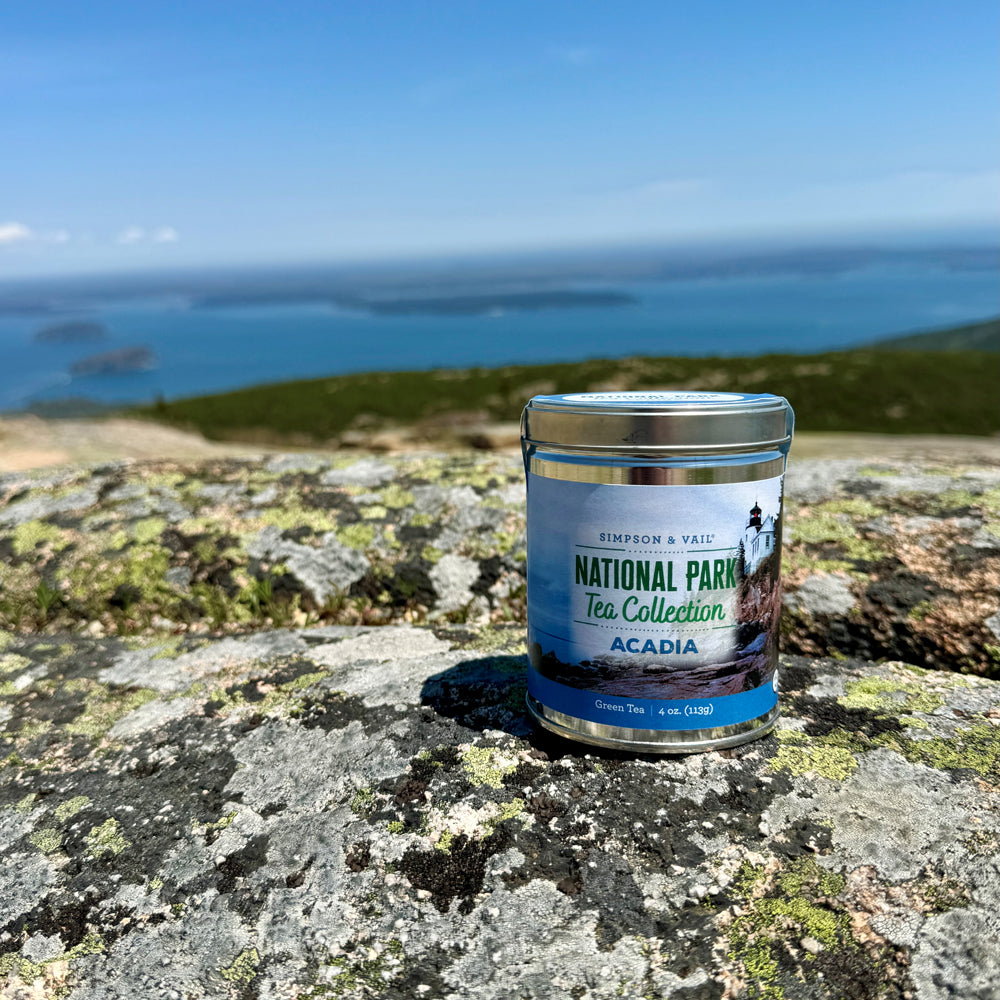The Honey Bee And Your Loose Tea
 Everyone likes their tea a different way: with cream, without, with sweeteners or without. So it doesn’t seem so out of place to discuss here a major problem with a sweetener so often used in tea. I speak of honey and the problems that have plagued the little bees for years – colony collapse disorder (CCD).
Everyone likes their tea a different way: with cream, without, with sweeteners or without. So it doesn’t seem so out of place to discuss here a major problem with a sweetener so often used in tea. I speak of honey and the problems that have plagued the little bees for years – colony collapse disorder (CCD).
I’ve been reading articles about this and talking with apiaries about their experiences for about 6 years and was curious to know how our tea drinking community feels. The more I read, the more questions I find that I would like answered. I don’t want to lapse into the assumption that there are greedy corporate giants who are knowingly harming the environment and continuing to do so for financial gain. I know that people do exist who stretch the bounds of reason and sanity and who operate in an immoral way, but an entire corporation? If it’s true that the top people in a corporation are greedy and immoral, how do they convince an entire corporation to see things their way? And that’s part of the problem with CCD, the problem of agreeing on exactly what is the cause so that solutions can be initiated. With more studies published this year, products created and sold by some large corporations like Monsanto, Dow and Bayer are being pointed to as the culprits for CCD.
Unfortunately the bee population problem is not limited to the US, this is a world-wide problem. In a Forbes article they state “of the 100 crop species which provide 90% of global food, 71 are pollinated by bees”. This is truly a problem of epic proportions!
While CCD had been noticed by bee keepers for years serious notice wasn’t taken until 2006 when massive hive losses were reported. Around this time I started asking small apiaries how their hives were doing. Their response was always the same (regardless of what US state they resided in). These small apiaries existed far away from large commercial farms and their bees were not moved from farm to farm or field to field, so they weren’t exposed to the same stresses as bees at commercial farms. At that time people thought that it may be the stress of moving hives around the country that was causing the collapses. Since organic farms seemed to be exempt from these problems, people began to suspect that the culprit could lie within the pesticides or herbicides used on commercial crops. Most recently those studies have focused on pesticides, called neonicotinoids, as the problem or at least as part of the problem.
Neonicotinoids, used on vegetables, cotton, beans and grains, have been heralded as a more environmentally friendly pesticide since they are less harmful to wildlife than other pesticides. But what studies are pointing to now is that the exposure to neonicotinoids cause honeybees and bumblebees to become confused and have trouble foraging for food and returning to their hives. The Washington Post featured a very comprehensive article on this subject in March of this year. The article discusses the role of neonicotinoids on crops as well as the resulting damage that is being seen in the hives.
The large pesticide and GMO companies began their own studies into the hive problems and concluded that other environmental factors were more to blame than their products. Bayer does list on their site appropriate times to apply the pesticides to lessen the impact to bees, and general safety information for the application of neonicotinoids, but still does not concede that the existing presence of these pesticides is harming the bee population.
Bayer’s nicotine-based pesticides (neonicotinoids), such as imidacloprid has been shown to be harmless to humans who are exposed to them in low doses. But as the Forbes article points out “while these chemicals can be applied safely, so it is claimed, the sheer scale of their use and the fact that not everyone who uses them is careful in their application is problematic”. And in the three studies that were published this year, the results showed that even with careful, safe and “proper” application, these neonicotinoids are toxic to bees. The EPA, in 2003, conditionally approved the use of these pesticides awaiting further data. Unfortunately, the study they relied on for this conditional approval was funded by Bayer themselves and has since been discredited by EPA scientists. In December 2010 the EPA was petitioned to ban Clothianidin, a neonicotinoid and yet these pesticides continue to be used on farms and crops around the globe.
Bayer announced in February that they were initiating a “Bee Care Program”, which would create centers in Germany and in the US. These centers, according to their site, “are intended to provide a scientific communication and discussion platform, foster information sharing and consolidate existing and future bee health projects launched by Bayer companies in cooperation with external partners”.
In 2011 Monsanto purchased Beeologics, a CCD research facility that has been providing aid and information to government agencies including the Department of Agriculture in the United States. Monsanto claims that they purchased Beeologics not to bury data that may find them guilty of causing CCD, but rather to help financially boost Beeologics and aid them in creating solutions to the problem. It will be interesting to see if future data coming from Beeologics is consistent with the many other studies being conducted on CCD. There is a great blog regarding this purchase of Beeologics.
I await a definitive solution to this very serious issue. There is a shift in some countries to resolve the problems by banning genetically modified seeds and crops. I hope that very soon there is an answer to the cause of CCD so we can begin to take steps to create a healthier environment for these hard working bees. I worry that problems like this may become more prevalent in the future though. As our society moves further away from farming communities and as more farmland gets absorbed into suburbia, we are more and more reliant on larger farms having to produce the bulk of fruits and vegetables to a greater number of people. And as US companies like Bayer and Monsanto seek to create new markets by selling genetically modified seeds and pesticides to other countries, problems, like CCD, will continue to spread across the globe. I hope in the future our society can slow down a little, sip a cup of tea, and take time to think through the far reaching implications of our changing needs as a society and how we can continue to move forward without destroying our environment. Perhaps a soothing cup of tea can be the starting point to coming together to resolve the problems and differences we face. I’ll sip, sit back and remain hopeful…








Leave a comment